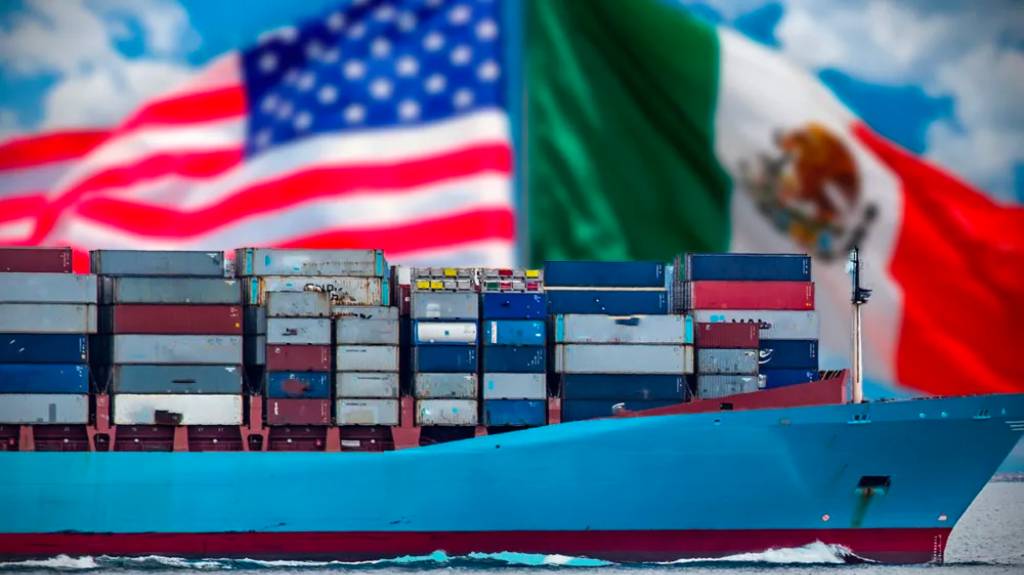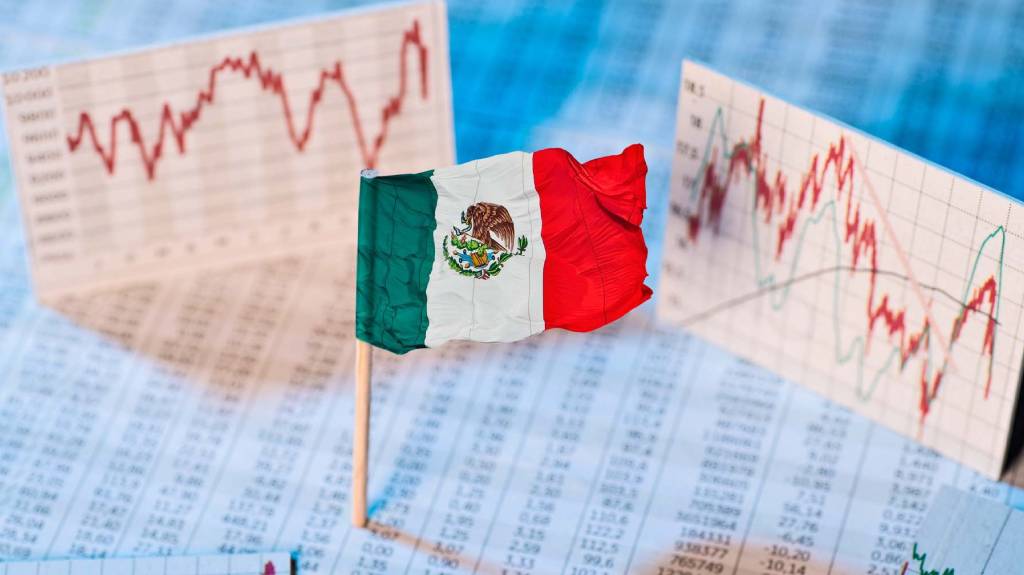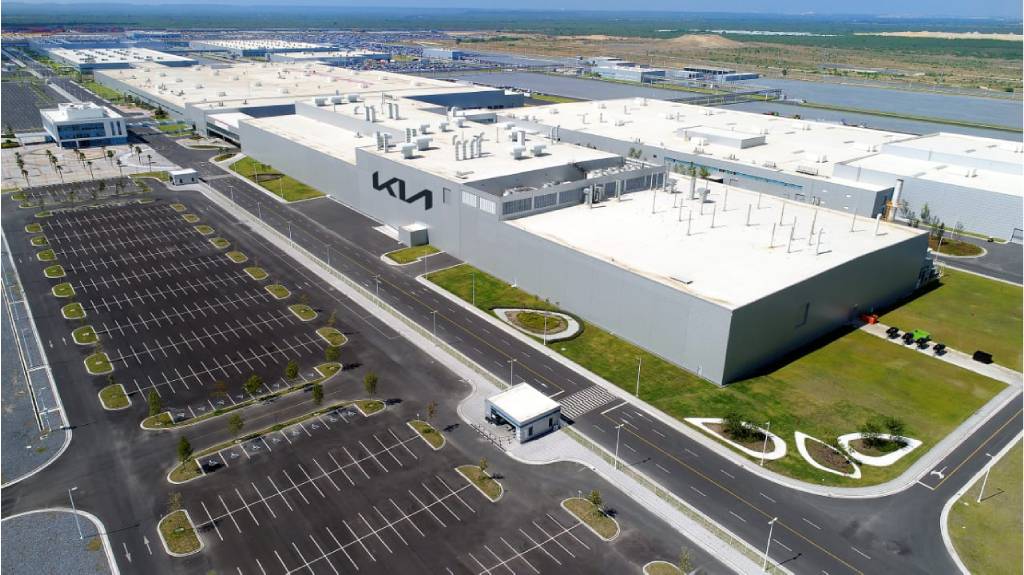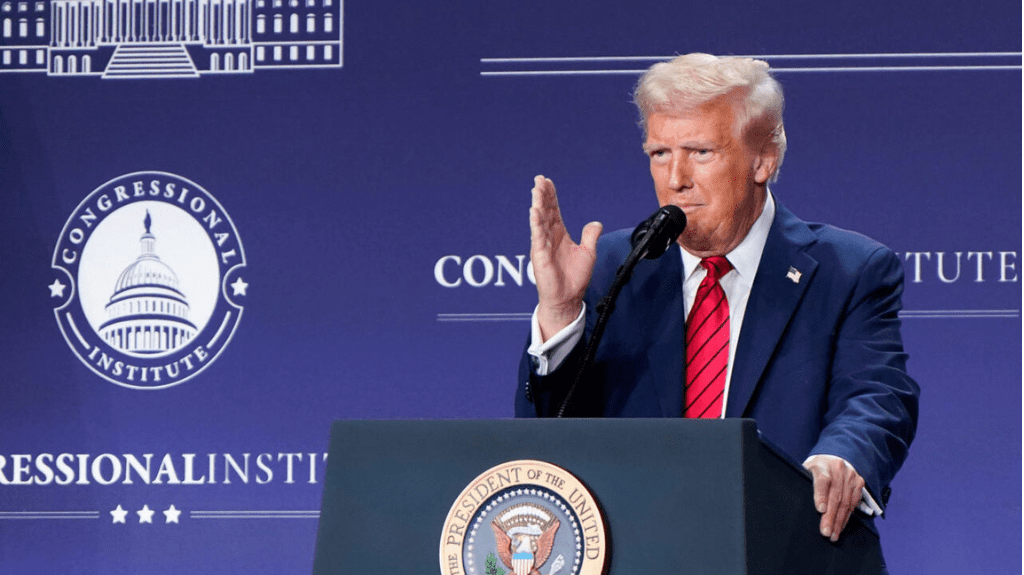
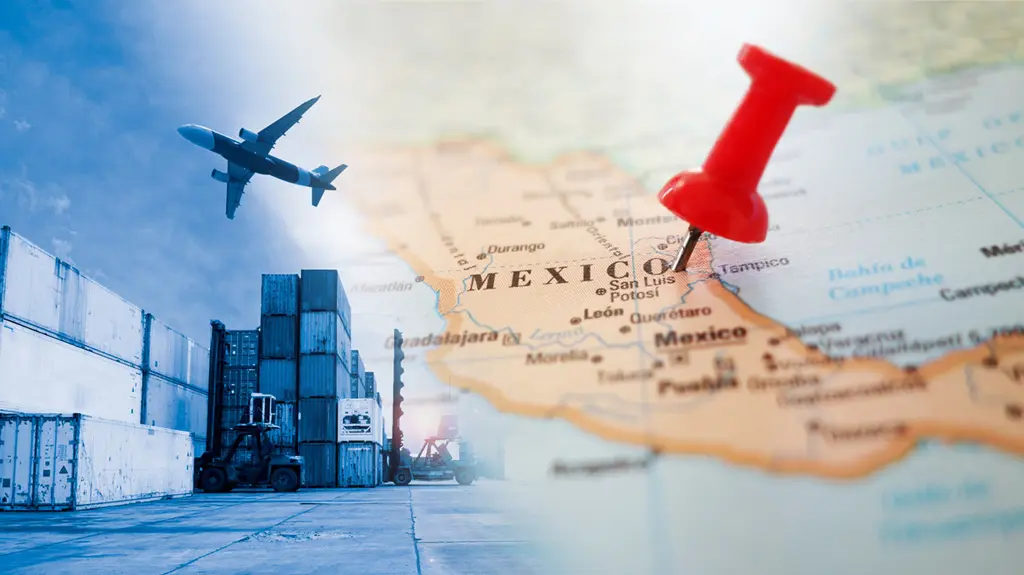
Published 03/29/2023
Mexico is uniquely positioned to benefit foreign investors considering nearshoring. Not only Mexico’s geographical location in North America allures investors, but also its attractive maquila and other trade programs, labor regulation, and treaty protection of foreign capitals provide investors with multiple reasons to relocate their operations in Mexico.
Foreign investors are already benefiting from nearshoring opportunities in Mexico, and the country is gaining even more momentum. Major automakers, parts suppliers, and charging stations constructors, among others, have announced new plants and investments to develop the electric vehicle sector. With this strategy, companies are bringing manufacturing capacity back to the North America region to avoid geopolitical and supply chain risks. Mexico is uniquely located for nearshoring not only due to its proximity to the US, but also because its framework provides access to the region and other areas based on trade access and investment treaty protection.
International Trade
From a Foreign Trade and Customs standpoint, nearshoring triggers several attractive investment opportunities. The Mexican Federal Government grants foreign trade incentives, such as the Maquila Program (IMMEX), which was specially designed by the Ministry of Economy to provide tax and administrative benefits in order to encourage the establishment of manufacturing facilities in the country.
When such export promotion programs are properly secured, the importer/manufacturer is relieved from paying (i) tariffs and (ii) the value added tax triggered by the importation of raw materials and machinery used in the production processes. Other operational benefits exist to facilitate daily operations.
Due to the benefits created by the United States-Mexico-Canada Agreement (“UMSCA”), even companies without Maquila Programs can import/export under the rules of the USMCA, which in many cases give preferential tariff treatment. This ultimately carries the benefit of expanding the supply chain in the North America region.
Labor
Mexican Congress has passed significant changes to the Federal Labor Law (“FLL”) and other labor regulations in an effort to attract nearshoring investments from foreign companies. These changes also result from the USMCA’s rules, and Mexico’s willingness to comply with the International Labor Organization’s provisions.
These changes simplify the hiring process and increase flexibility for employers. With the growth of nearshoring, Mexican employees have benefited from improved working conditions, such as better salaries, benefits, and working hours. Furthermore, nearshoring has led to an increased competition for jobs and improved working conditions for some employees. In the process, companies adhere to comprehensive labor regulations.
The FLL protects employees by establishing minimum wage requirements, job security, and the right to form unions. These protections help to ensure that employees are treated fairly and that their rights are respected. Moreover, the UMSCA contains several protections that apply at both local and international levels.
Foreign Investment Protection
Mexico is also attractive for nearshoring due to the numerous treaties it has in place that promote and protect foreign investments.
Mexico’s modern acceptance of foreign investments started with the signature of NAFTA, and entry into force in 1994. Thereafter, Mexico continued to conclude other Free Trade Agreements (“FTAs”) with identical or closely similar provisions to NAFTA, and incorporated NAFTA jurisprudence in subsequent treaties. Mexico has ten FTAs containing an investment chapter with the following States: CPTPP (Australia, Brunei Darussalam, Canada, Chile, Japan, Malaysia, New Zealand, Peru, Singapore, Vietnam); Chile; Pacific Alliance (Chile, Colombia and Perú); Colombia; Central America (Costa Rica, El Salvador, Guatemala, Honduras and Nicaragua); USMCA (US and Canada); Japan; Panama; Perú; and Uruguay.
To supplement foreigner investors’ protection, Mexico has concluded thirty BITs in force with Argentina, Austria, Bahrein, Belarus, Belgium and Luxembourg, Check Republic, China, Cuba, Denmark, Finland, France, Germany, Greece, Hong Kong, Iceland, Italy, Korea, Kuwait, Netherlands, Portugal, Singapore, Slovakia, Spain, Sweden, Switzerland, Trinidad and Tobago, Turkey, United Arab Emirates, United Kingdom, and Uruguay.
All of these treaties contain substantive protections for foreign investments including, among others, prohibitions of discriminatory treatment and arbitrary measures, as well as protections against expropriation.
Next steps
Mexico offers foreign investors several benefits related to international trade, labor regulation and investment treaty protection. Major investors in the automotive manufacturing industry, including manufacturers of electric vehicles, have already selected Mexico for expanding, relocating and starting manufacturing operations. Increased manufacturers of automotive and related components may also require increased investments in energy, mining, and other sectors depending on manufacturers’ needs.
Hogan Lovells Mexico City and Monterrey Offices are exceptionally located to assist you with all inquiries related to trade programs, labor matters and foreign investment protection when considering Mexico for nearshoring purposes.
Learn more about Why will manufacturing in Mexico be a competitive advantage for you.
Source: Engage Legal insight and analysis
Related posts


